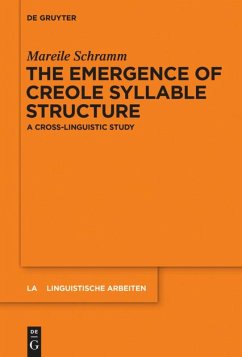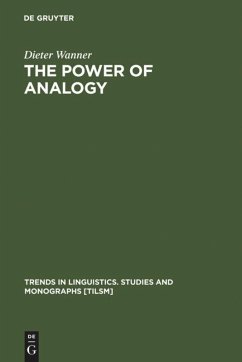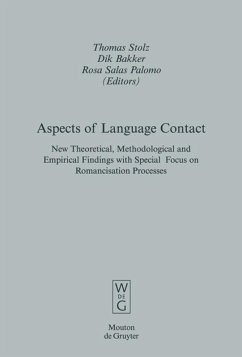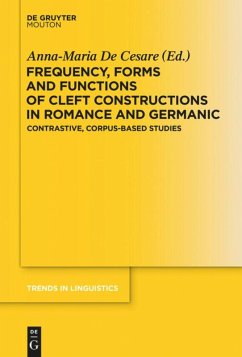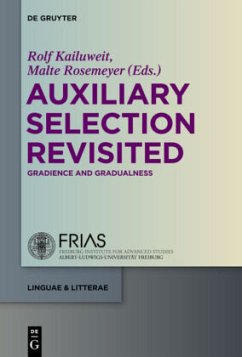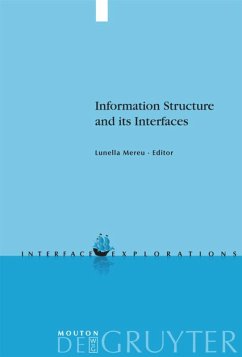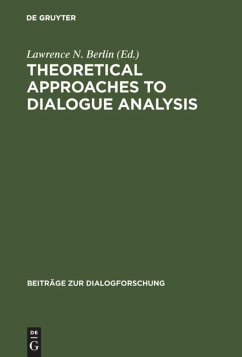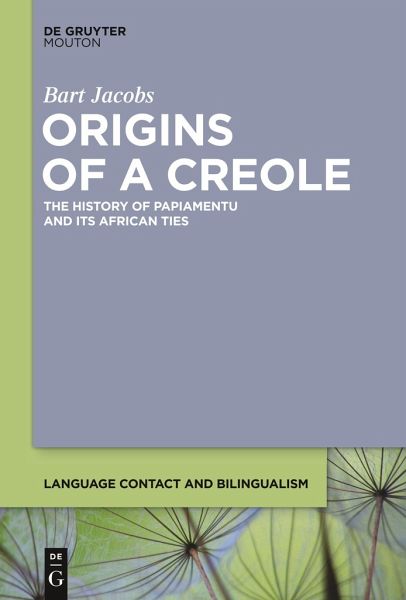
Origins of a Creole
The History of Papiamentu and Its African Ties

PAYBACK Punkte
0 °P sammeln!
This study embarks on the intriguing quest for the origins of the Caribbean creole language Papiamentu. In the literature on the issue, widely diverging hypotheses have been advanced, but scholars have not come close to a consensus. The present study casts new and long-lasting light on the issue, putting forward compelling interdisciplinary evidence that Papiamentu is genetically related to the Portuguese-based creoles of the Cape Verde Islands, Guinea-Bissau, and Casamance (Senegal). Following the trans-Atlantic transfer of native speakers to Curaçao in the latter half of the 17th century, t...
This study embarks on the intriguing quest for the origins of the Caribbean creole language Papiamentu. In the literature on the issue, widely diverging hypotheses have been advanced, but scholars have not come close to a consensus. The present study casts new and long-lasting light on the issue, putting forward compelling interdisciplinary evidence that Papiamentu is genetically related to the Portuguese-based creoles of the Cape Verde Islands, Guinea-Bissau, and Casamance (Senegal). Following the trans-Atlantic transfer of native speakers to Curaçao in the latter half of the 17th century, the Portuguese-based proto-variety underwent a far-reaching process of relexification towards Spanish, affecting the basic vocabulary while leaving intact the original phonology, morphology, and syntax. Papiamentu is thus shown to constitute a case of 'language contact reduplicated' in that a creole underwent a second significant restructuring process (relexification). These explicit claims and their rigorous underpinning will set standards for both the study of Papiamentu and creole studies at large and will be received with great interest in the wider field of contact linguistics.





